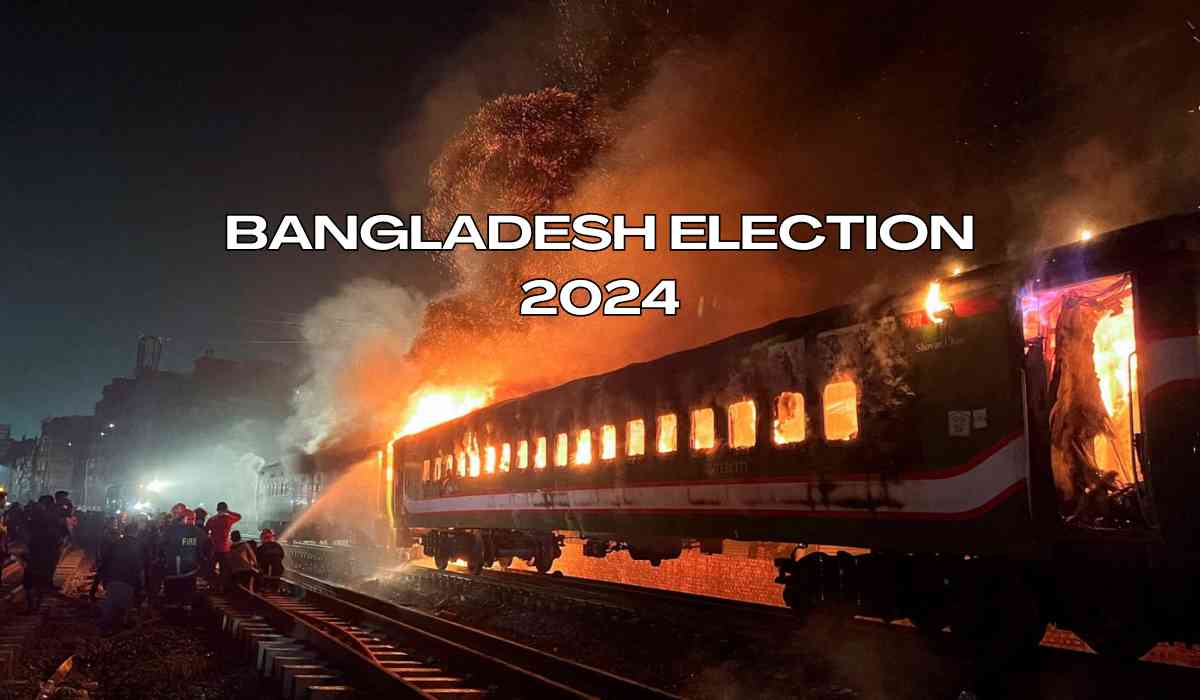Bangladesh, a nation brimming with political turmoil and violence, is gearing up for the general elections that will take place on January 7, 2024. This significant occasion is occurring amid rising national turmoil and increased security concerns.
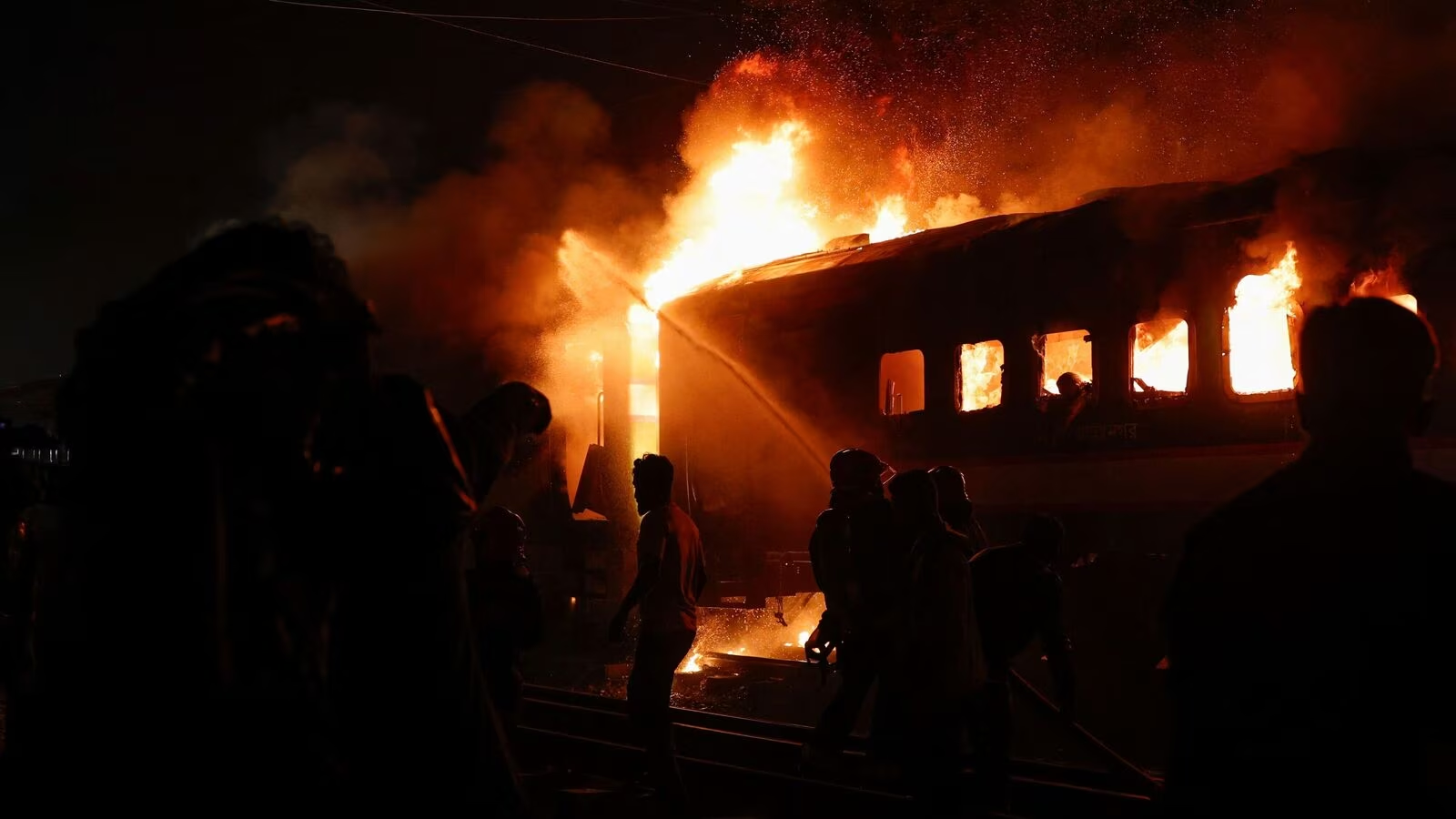
Pre-Election Turmoil: Arson and Opposition Boycott
Unfortunate events such as the recent arson fire on a passenger train in Dhaka have marred the turbulent run-up to the polls. This sad incident, which lost four lives, was suspected of being a sabotage attempt to create terror before the election. Although no suspects were identified straight away, investigators consider that it was a plan to disrupt the upcoming elections.
The opposition, led by former prime minister Khaleda Zia's party, the Bangladesh Nationalist Party (BNP), has decided to stay out of voting. Their demand that the ruling party form an unbiased temporary government to supervise the elections was denied, which raised tensions and resulted in violent outbursts around the nation.
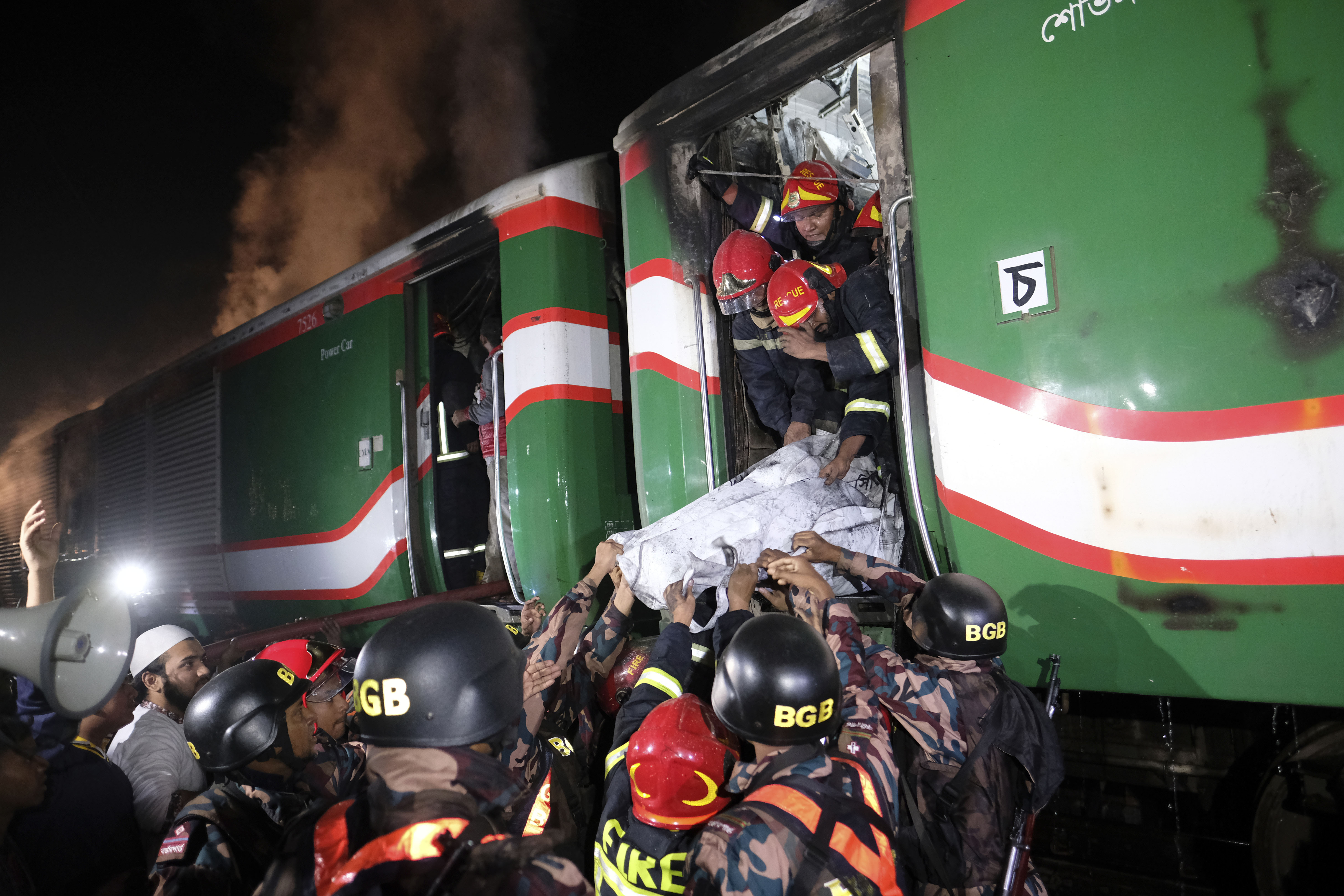
Security Measures and International Scrutiny
Given the tense environment, stringent security measures have been enforced. The government deployed armed forces across districts, sub-districts, and metropolitan areas from January 3 to 10. Agencies like the Armed Forces Division, Border Guard Bangladesh, and Coast Guard are actively involved in election duties to ensure security arrangements at various polling stations.
International attention is focused on Bangladesh, with global entities urging fair and transparent elections. Pressure from Western countries for "free and fair" elections has heightened, with concerns over the government's response post-election if these standards aren't met.
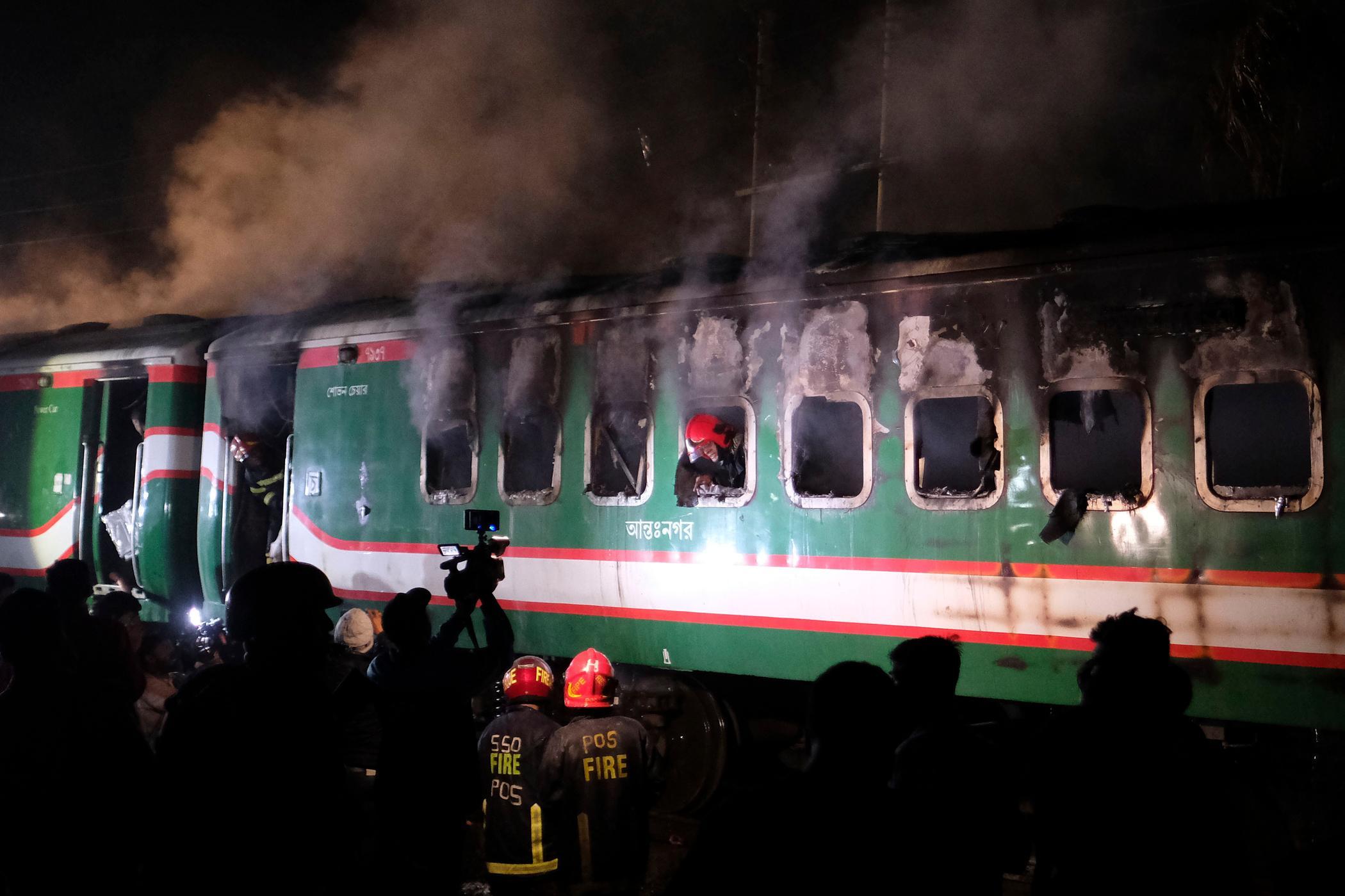
Electoral Dynamics and Historical Context
In Bangladesh, 300 seats in the Parliament are chosen by direct election and 50 seats are set aside for women and are filled in proportion by elected members. Since gaining independence in 1971, there have been eleven general elections that have shaped the political landscape of the nation.
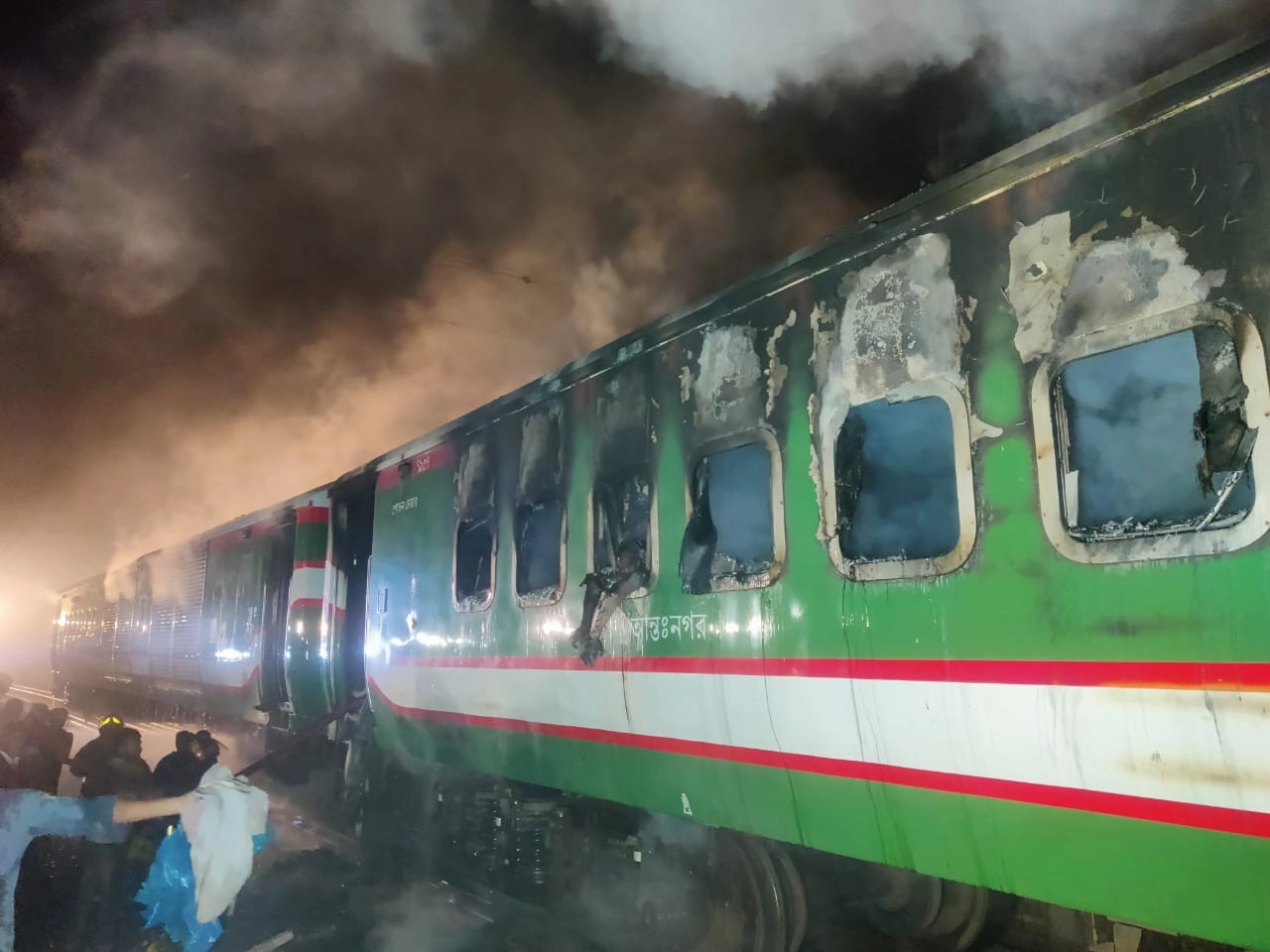
Looking Ahead: Uncertainty and Possibilities
There is uncertainty about what will happen after this important election as the country approaches it, particularly if the opposition boycott continues or if the results fall short of expectations from abroad. Bangladesh's commercial relations, especially in the garment sector, might be severely impacted by the prospect of punitive actions from powerful international entities.
The result of these elections will determine Bangladesh's political destiny as the country struggles with internal conflict, international attention, and the ambitions of its citizens for a decent and fair democratic process.
The future of Bangladesh is at stake in this tense environment, with hopes resting on a peaceful and democratic settlement to the ongoing unrest.
(With agency inputs)
Image Source: X
© Copyright 2023. All Rights Reserved Powered by Vygr Media.

